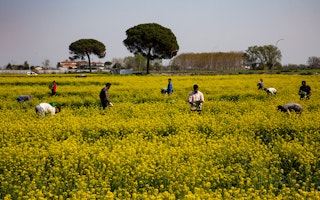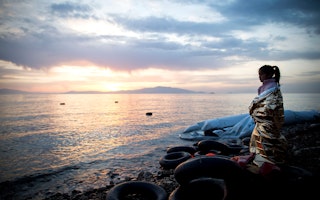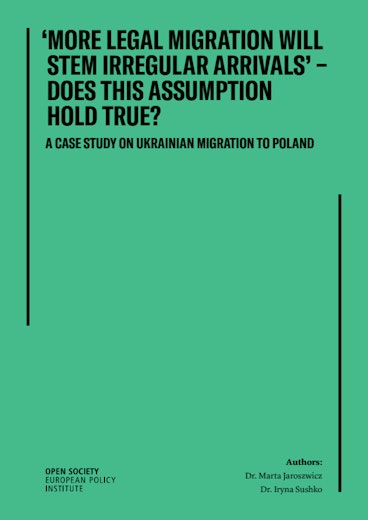As the recent case of Ukrainian workers in Poland shows, policies to increase regular migration will not automatically lead to a fall in irregular migration. Moreover, expert analysis of government statistics has shown that, in Poland, tightening work-permit rules has led to a slight reduction in legal worker migration from Ukraine. Consequently, the pool of workers in a legally uncertain and vulnerable position has increased.
This report concludes that in order to address this dysfunction and avoid related issues in the future, policymakers in Poland should embrace structural reforms to the country’s labor market and immigration system. One of the best and easiest ways to begin this process is to create an efficient process for granting full legal status to migrant workers from Ukraine.
Download
-
“More Legal Migration Will stem Irregular Arrivals”—Does this Assumption Hold True? (785.52 Kb pdf file)
Download the 32-page report.
Read more
A Promising Step
Q&A: Progress for Migrant Workers in Italy

The government of Italy’s COVID-19 stimulus proposal includes measures to protect migrant laborers working in some of the country’s most important industries. While this is welcome news, more is needed.
Hope on Lesvos
Q&A: Forging a Bond between Locals and Refugees

The Greek island of Lesvos remains at the frontlines of refugee arrivals to Europe. Currently, more than 21,000 refugees are held there. A grassroots group called the Starfish Foundation is working to improve the lives of locals and refugees.
CULTIVATING COMMUNITY
A Garden Grows on Lampedusa

On the Mediterranean island of Lampedusa, which remains on the forefront of migration to Europe, the locals are reclaiming their culture of farming and building community—one ancient seed at a time.
